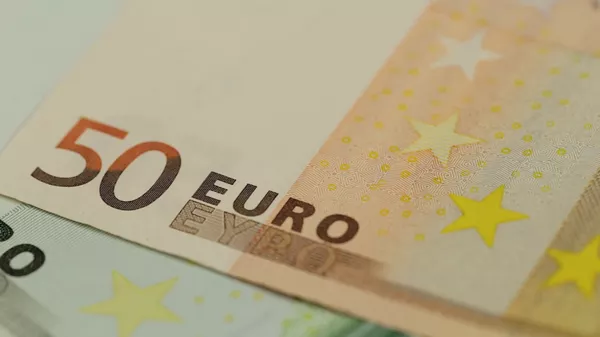Sweden, a prominent member of the European Union (EU), stands out as one of the few EU countries that have chosen not to adopt the euro as their official currency. This article delves into the reasons behind Sweden’s decision to maintain its own currency, the Swedish krona (SEK). By examining economic, political, and public sentiment factors, we can gain insight into why Sweden has resisted joining the Eurozone, despite being deeply integrated with the European Union.
Economic Considerations:
-
Monetary Policy Autonomy
Maintaining its own currency allows Sweden to retain full control over its monetary policy. The Swedish central bank, Sveriges Riksbank, can independently set interest rates and implement policies tailored to address domestic economic conditions. This flexibility provides the ability to respond swiftly to economic fluctuations and maintain stability in the Swedish economy.
-
Economic Stability
Sweden’s decision to retain the Swedish krona reflects its confidence in the stability of its own economy. By having an independent currency, Sweden can better insulate itself from economic shocks that may affect the Eurozone. This stability enhances investor confidence, encourages foreign direct investment, and supports sustainable economic growth.
-
Exchange Rate Flexibility
A flexible exchange rate regime allows Sweden to adjust its currency’s value in response to changing economic conditions. This flexibility facilitates the adjustment of competitiveness and helps sectors such as exports remain resilient. It also provides a buffer against external shocks, ensuring a smoother economic transition during times of uncertainty.
Political Considerations:
-
Sovereignty and National Identity
Sweden’s decision to retain the Swedish krona reflects its commitment to maintaining sovereignty and national identity. As a non-euro country, Sweden retains greater control over its economic policies and is not subject to the decision-making processes of the Eurozone. This enables Sweden to preserve its unique economic model and pursue policies that align with its national interests.
-
EU Membership and Opt-Out Clause
Sweden’s decision not to adopt the euro aligns with its unique relationship with the European Union. While being an EU member, Sweden negotiated an opt-out clause from adopting the euro during its EU accession process. This opt-out provides Sweden with the legal framework to maintain the Swedish krona as its currency and enables the country to exercise its right to remain outside the Eurozone.
-
Referendum and Public Sentiment
The issue of joining the euro has been subject to public debate and scrutiny in Sweden. In 2003, a referendum was held in which Swedish citizens voted against adopting the euro. The outcome reflected public concerns over potential loss of control over economic policies, perceived risks associated with the euro, and a desire to preserve economic independence.
Eurozone Challenges and Uncertainties:
-
Economic Disparities and Crisis Management
Sweden’s decision not to adopt the euro can be attributed, in part, to concerns over managing economic disparities within the Eurozone. The challenges faced by Eurozone countries during the European debt crisis highlighted the complexities of economic integration. Sweden’s non-membership provides insulation from potential financial burdens associated with supporting troubled Eurozone economies.
-
Risk and Uncertainty
The euro has faced significant challenges since its inception, including economic crises and political uncertainties. Sweden’s decision to maintain its own currency allows it to mitigate potential risks and uncertainties associated with being part of a monetary union. This risk-averse approach has proven favorable for Sweden’s economic stability.
-
Eurozone Integration and Policy Alignment
Joining the Eurozone requires aligning economic policies and meeting stringent criteria, such as maintaining stable inflation rates and fiscal discipline. Sweden’s decision not to adopt the euro allows it to retain greater policy flexibility and pursue tailored approaches to economic management that align with its specific needs and priorities.
Conclusion:
Sweden’s choice to remain outside the Eurozone and retain its own currency, the Swedish krona, is driven by a combination of economic, political, and public sentiment factors. The autonomy over monetary policy, economic stability, national identity, and concerns over the challenges faced by the Eurozone have influenced Sweden’s decision. While the euro continues to be a significant currency within the European Union, Sweden’s unique position reflects its commitment to preserving sovereignty, economic stability, and the ability to tailor policies to suit its specific circumstances.
Related Topics:

























